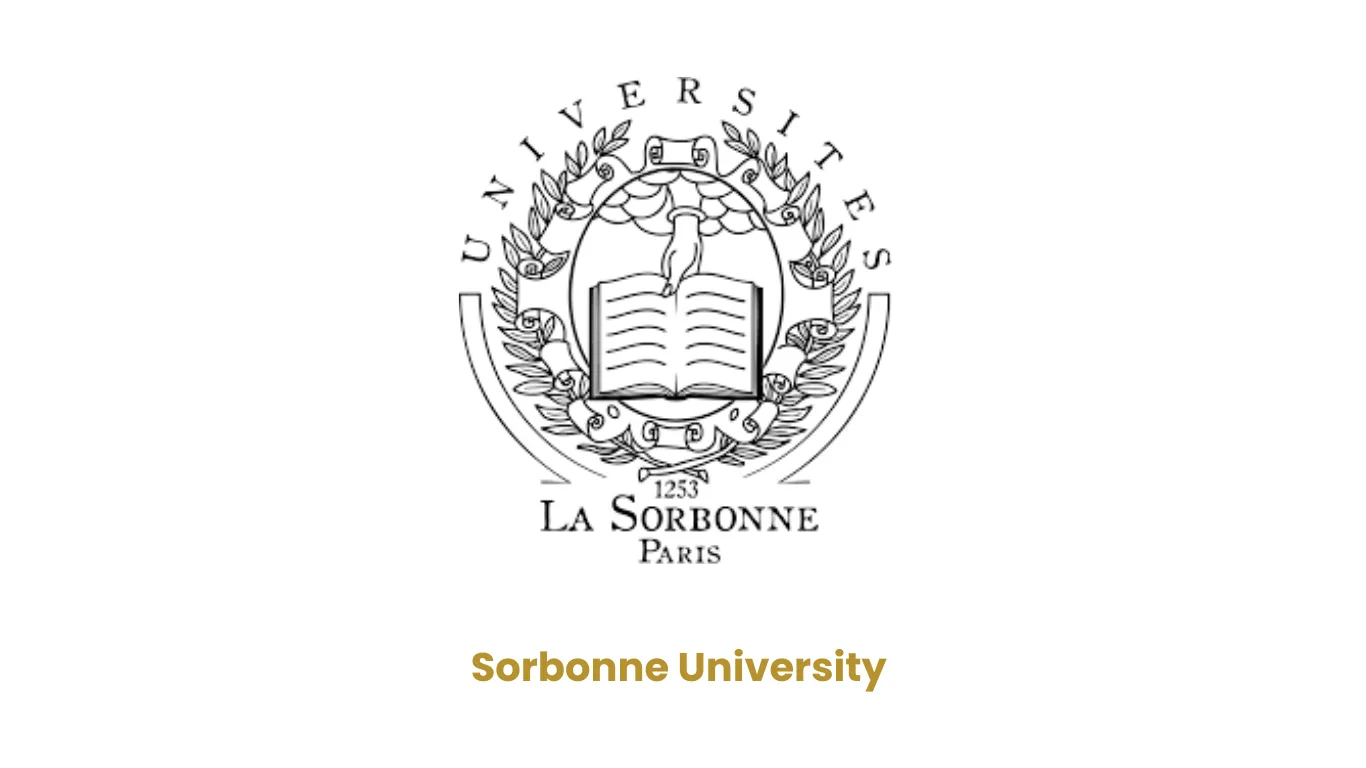Overview
Sorbonne University claims its position as a prestigious French educational institution because it resides in the middle of Paris. A merger between Paris-Sorbonne and Pierre and Marie Curie University back in 2018 gave birth to Sorbonne University which preserves an academic heritage extending hundreds of years. The educational institution provides an extensive selection of academic disciplines which spans from humanities to science along with medicine. Students from different corners of the world choose this institution because it maintains leading educational standards throughout its campuses.
1. General Information
| Name | Sorbonne University |
| Location | Paris, France |
| Established | 2018 (merger of earlier universities) |
| Type | Public Research University |
| Campus Size | Multiple campuses in Paris |
| Number of Students | Over 55,000 |
| Student-Faculty Ratio | Approximately 14:1 |
| Motto | “Créateurs de futurs” (Creators of futures) |
2. Academic Programs Sorbonne University
- Undergraduate programs in humanities, sciences, engineering, and medicine
- Graduate degrees in law, arts, computer science, and linguistics
- Doctoral programs across disciplines
- International joint programs and dual degrees
- Research-based academic tracks
3. Hostel / Accommodation Sorbonne University
- University-provided residences for international students
- Partnership with CROUS Paris for student housing
- Private rental options available across the city
- Monthly housing cost: €400 – €800
- On-campus dining and transport support
4. Fee Structure Sorbonne University
| Undergraduate (EU students) | €170 – €601 |
| Undergraduate (Non-EU students) | €2,770 |
| Master’s Programs (EU students) | €243 – €601 |
| Master’s Programs (Non-EU students) | €3,770 |
| Doctoral Programs | €380 |
| Living Expenses | €10,000 – €14,000 |
5. Ranking and Recognition
- Ranked among the top 100 universities globally (QS & THE Rankings)
- Highly regarded for research output and international collaboration
- Known for excellence in mathematics, physics, and humanities
6. Facilities
- Multiple libraries with extensive academic resources across disciplines
- Advanced research laboratories and innovation centers
- Lecture halls and seminar rooms equipped with modern technology
- Language learning centers supporting over 20 languages
- On-campus dining options and student cafeterias
- Student housing and accommodation assistance
- Career services and academic counseling support
- Athletic centers and fitness clubs for student wellbeing
- Cultural and artistic venues, including theaters and galleries
- Accessibility services for students with disabilities
7. Contact Information
- Website: https://www.sorbonne-universite.fr
- Email: contact@sorbonne-universite.fr
- Phone: +33 1 44 27 44 27
- Address: 21 Rue de l’École de Médecine, 75006 Paris, France
More Universities in U.S.A
– If you are interested in writing, write for us education articles now.

